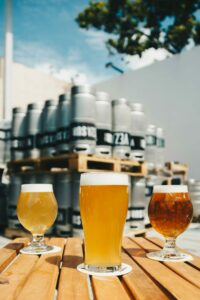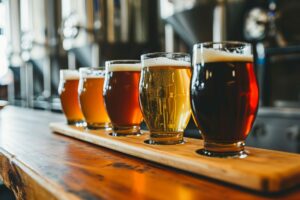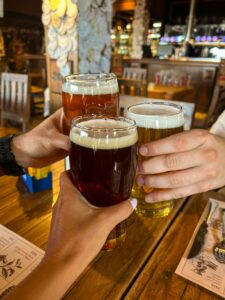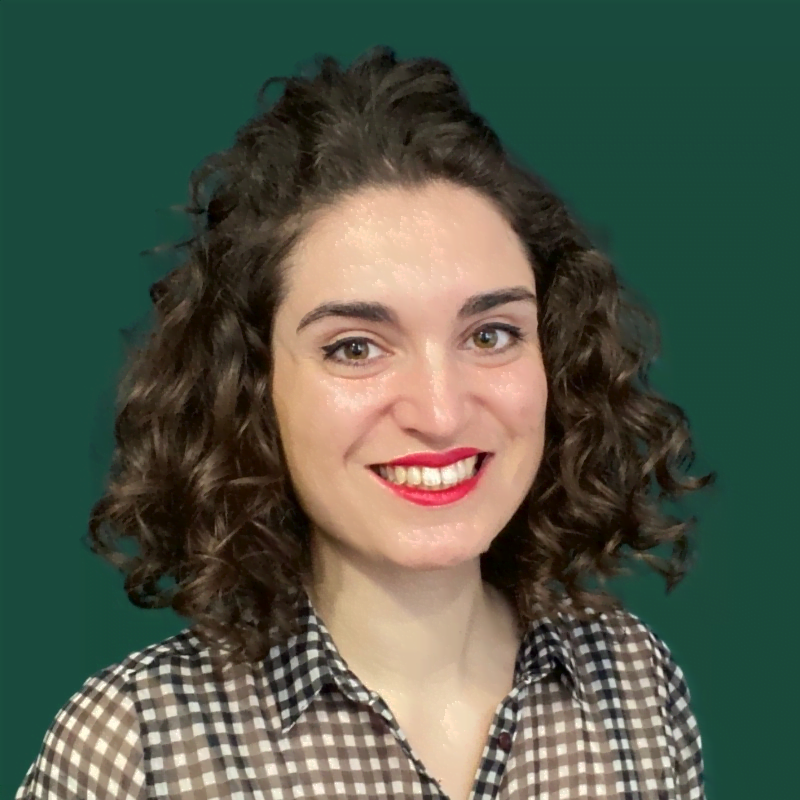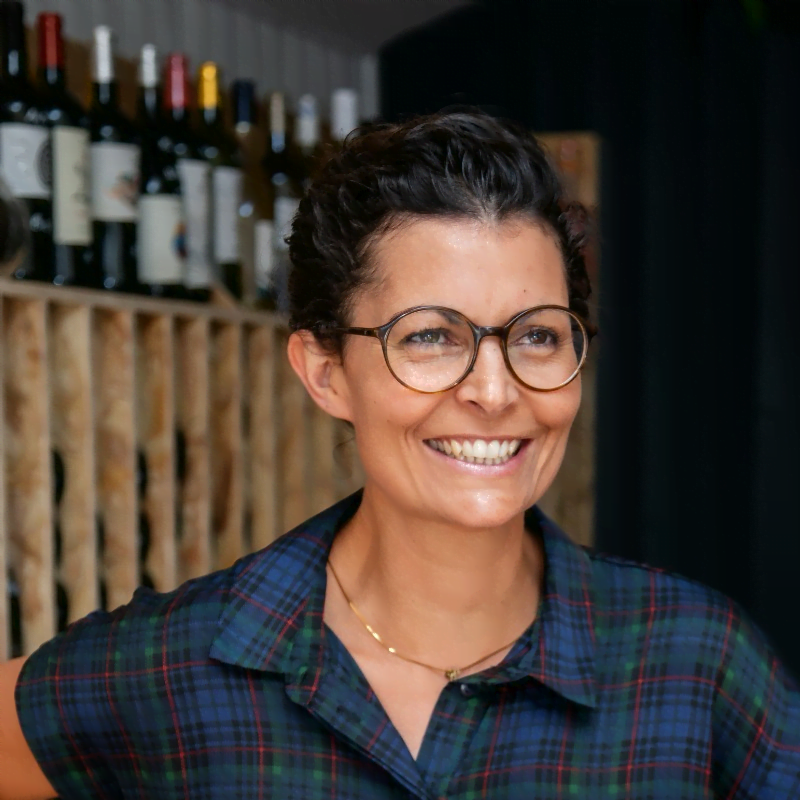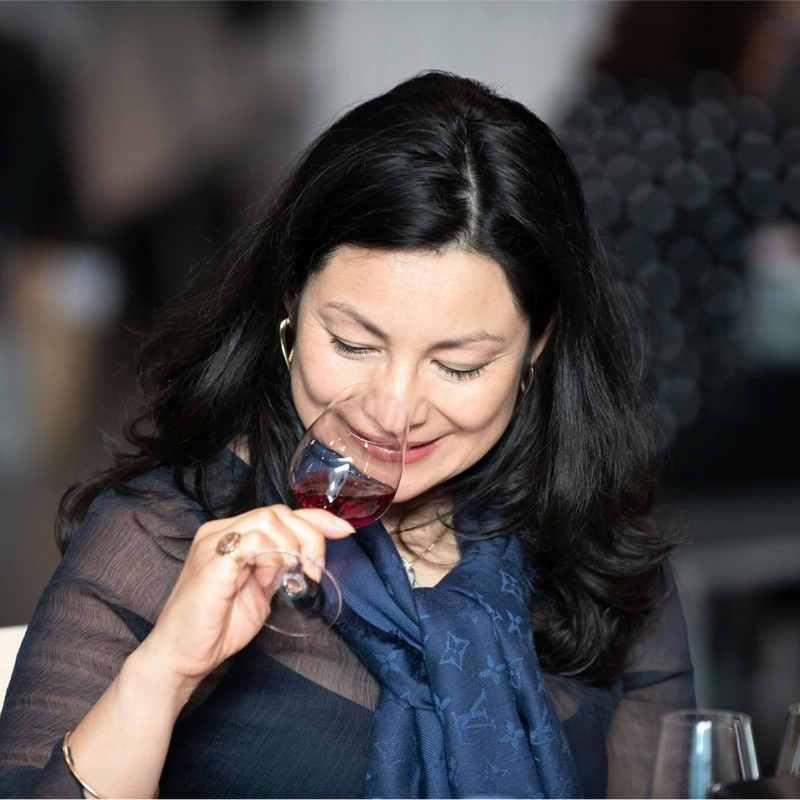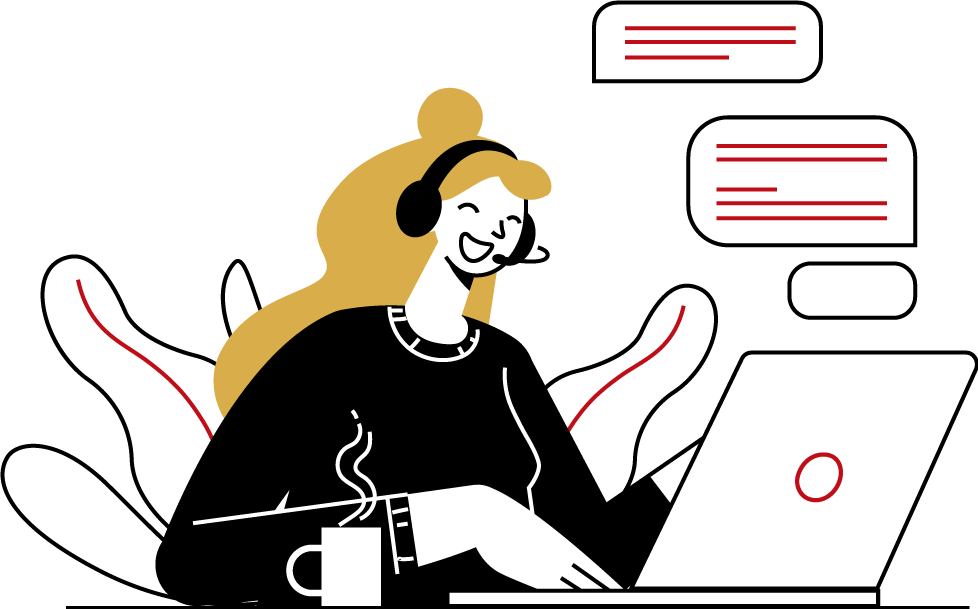Trainer at WiSP in Wines, Annabelle Mispelblom Beijer has a rich and diverse background in the wine world. After obtaining the prestigious University Diploma in Wine Tasting (DUAD) in Bordeaux, she gained experience in France and Australia, moving from sommelier work to sales, from wine tourism to oenology. Curious and passionate, Annabelle has never stopped exploring the many facets of the wine sector before finding her true calling in training. Today, she shares her expertise and contagious energy as a WSET trainer at WiSP.
• Annabelle, can you tell us about your background and what led you to the world of wine?
I first studied arts before moving to Australia, where I lived for a few years. That’s where, quite unexpectedly, I discovered the world of wine through a chance encounter. I quickly enrolled in WSET courses, completing the entire path from Level 1 to Level 3 in Sydney. It was then that I heard about the DUAD (ISVV) and decided to return to France and settle in Bordeaux. After that, I explored many areas: winemaking, wine tourism, sommelier work, wine shops, journalism… before being offered a teaching position at CAFA Formations. Those two years in that school were the most formative, and thanks to that opportunity, I truly stepped into teaching for the first time. Later, I completed the WSET Diploma with WiSP, which was an absolute pleasure.
• You’ve held very different roles in the wine industry. What did you take away from each of these experiences, and which ones pushed you toward becoming a trainer?
I believe each of these experiences helps me every day in my work as a trainer. Some were better than others, but all of them allowed me to touch on different aspects of the industry and feel comfortable with many subjects. I became a trainer purely by chance, something I had never considered before. It was a stroke of luck that changed my life, because I discovered a passion for teaching — and now it’s all I do.
• Did your international experience, especially in Australia, influence your vision of wine?
It’s a huge advantage and a real privilege in the wine world to have traveled as I did. When you’ve experienced a vineyard firsthand, you speak about it differently than if you’ve only read about it. The few trips I’ve been lucky enough to take also convinced me that great wines are produced all around the world — an important realization when you’re French!
• Was there a defining moment or key encounter that led you to teaching wine?
As I mentioned earlier, I was lucky enough to be offered a teaching position at one of Bordeaux’s sommelier schools. I owe it to a great friend, Alexander Dodds, who had just graduated from that school and introduced me to its director, who needed someone to teach in English — and that was my advantage.
• How did you become a WSET trainer at WiSP?
I completed my Diploma at WiSP in 2020 and stayed in touch with the team, who knew I had some teaching experience. Luckily, one day Fanny needed someone — and that’s how I joined the team!
• What do you enjoy most about this role of sharing knowledge and guiding students?
To do this job, I need to stay constantly updated on everything happening in the wine world, which means I’m always learning. That satisfies my thirst for knowledge. And of course, there’s the joy of transmitting knowledge and the deep sense of satisfaction I feel when students enjoy their time with me and succeed in their exams. It’s an immensely rewarding feeling.
• Can you describe your teaching methods? Do you have a particular “signature”?
I have a tendency to slightly deviate from the strict WSET framework, because I enjoy adding little historical or geographical anecdotes… I think it helps students better picture and remember things. It also adds some lightness to what are often very intense training days.
• What role does tasting play in your teaching approach?
Tasting is an integral part of the pedagogy because it allows us to put theory into practice. It helps students better understand natural and human factors, and to really absorb the sensory profile of a grape variety, for example — which often makes information easier to remember.
• With all your experience, how do you see the evolution of wine education?
I’ve noticed that WSET has been gaining more and more importance in the industry, including here in France and in Bordeaux, which wasn’t the case when I started. I can only be delighted by that.
• Finally, what dream or new project would you still like to pursue in your wine journey?
Perhaps producing my own wine one day, although the current climate doesn’t make it very favorable!
• If you had to summarize your teaching philosophy in one sentence, what would it be?
Without wanting to give a cliché or “cheesy” answer, I’d say it’s the desire to share my knowledge and passion with patience and kindness.

